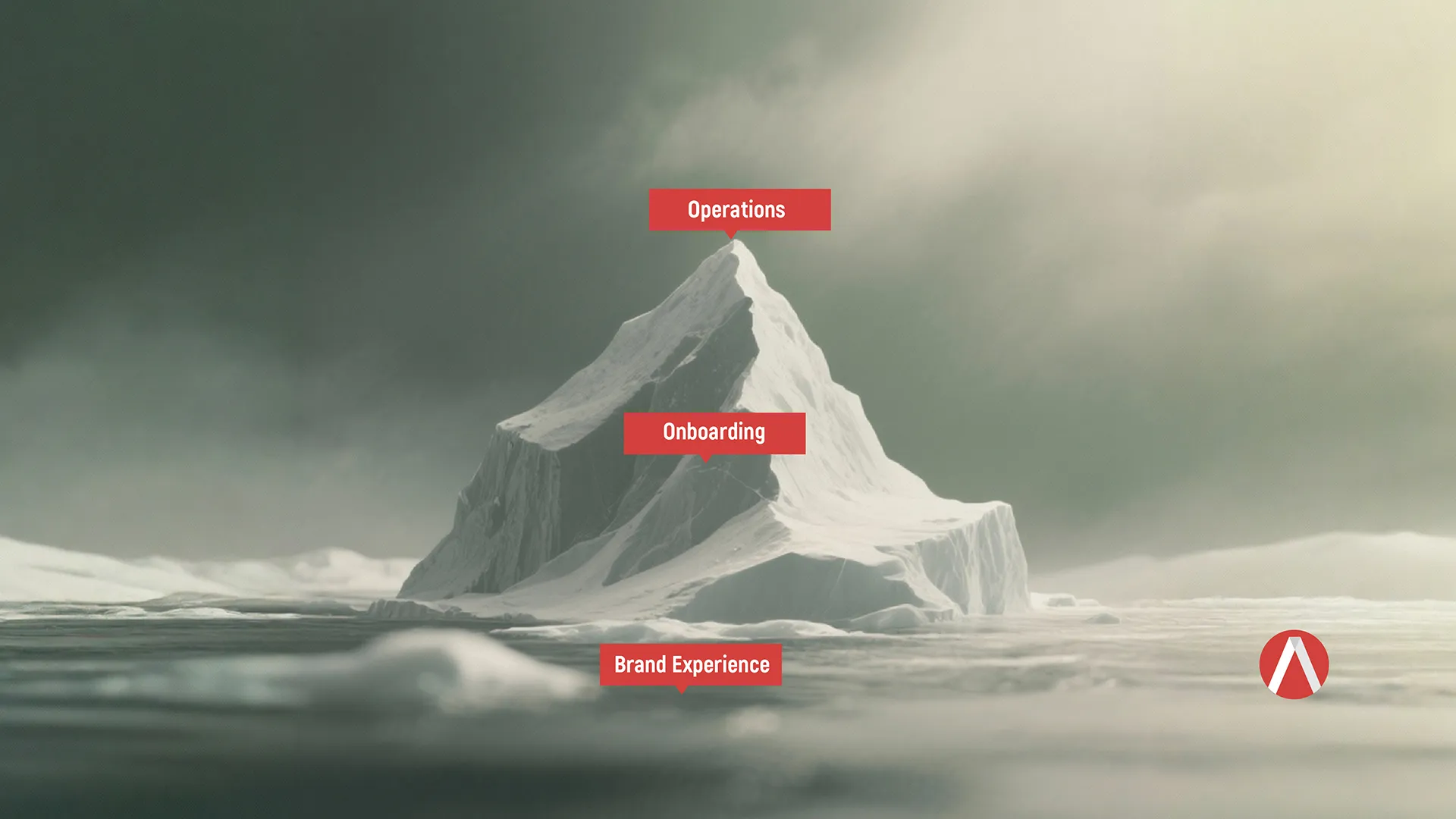Breaking into established markets is undeniably tough, even for the most innovative companies. Success, however, isn’t just about offering a stellar product or service. It’s about developing a brand strategy that resonates deeply with the audience and remains consistent over time.
For instance, take Otter Products, the company behind OtterBox and LifeProof, that Avocet worked with not too long ago. Already recognized for their rugged and reliable phone cases, Otter Products wanted to expand their market reach and establish themselves as a leader in mobile technology protection. The key to their growth wasn’t just about top-tier products; it was about deepening their connection with their audience. Through collaboration across their entire organization, from product development to sales and marketing, they were able to craft a brand story that emphasized protection and empowerment, allowing customers to live life without limits.
The lesson here? It’s not just about what a brand sells; it’s about how a brand’s story is communicated across all channels. Consistency is crucial. Without it, even the best products can get lost in the noise of a crowded marketplace.
This raises a few important questions:
- Are your brand’s communications functioning like control towers for both internal and external messaging?
- And how well do your teams collaborate to ensure that all your brand communications align with the larger story?
The role of AI in today’s marketing landscape cannot be ignored either. It goes beyond just automating processes. AI offers a deeper understanding of the audience, allowing brands to tailor their strategies more effectively. For example, companies like It’s Just Lunch are using AI-driven insights to refine customer profiles and better target their messaging.
However, AI needs human oversight to ensure it enhances brand strategy rather than steering it off course. Treating AI as augmented intelligence can provide valuable insights, but it must be part of a larger strategy guided by skilled professionals.
Ask yourself:
- Is your brand leveraging AI responsibly?
- Do you have the right people and systems in place to make sure AI is refining your strategy and not diverting it?
Finally, leadership plays a critical role in driving a brand’s strategy forward. The most successful brands often have CEOs who are more than figureheads—they are their brand’s chief culture officers. Authenticity, culture, and a strong brand voice are essential, particularly during challenging times. For example, Reebok emphasized their CEO’s leadership in pushing a culture of fitness and community engagement, which kept their brand resilient through difficult periods.
Is your leadership embodying your brand’s culture? These are the kinds of questions brands need to ask as they work to stay competitive.
For more insights, tune into the latest StrategyCast episode, where Rachael Shayne discusses how to align teams, harness AI, and make CEOs the ultimate culture champions. It’s packed with actionable insights that can be implemented immediately!






